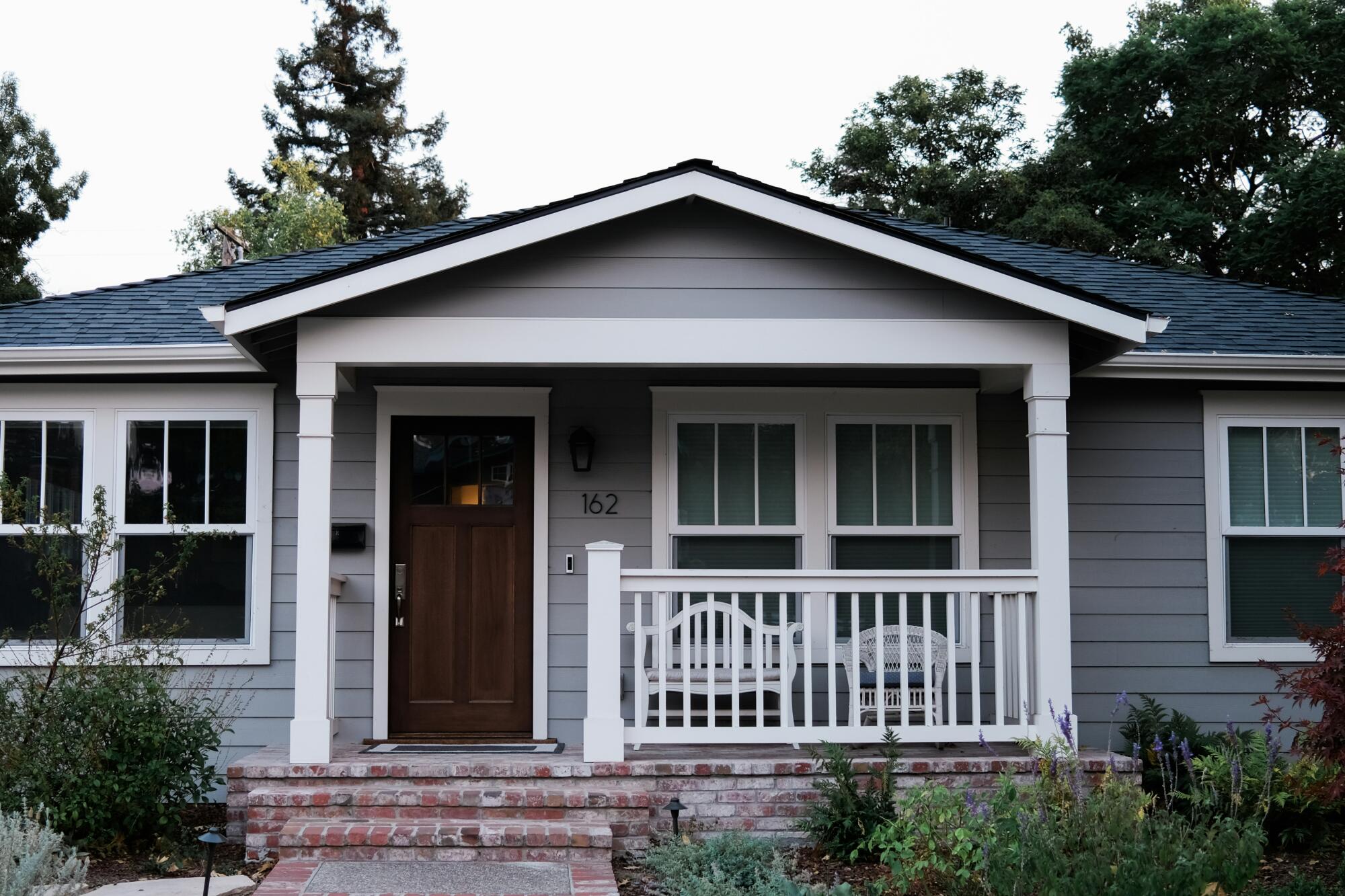Just 1% of Idaho's rentals deal with evictions, but that still amounts to thousands per year.
As a landlord, you never set out to evict someone at the start of a tenancy. If you're forced to do it, it's because the tenant has done something so drastic that it's the only way to move forward. Often, it has to do with one of two things: missed rent or damaged property.
In the case of damage to your unit, one way to prevent it is with rental property inspections. Today, we'll tell you how often Teton Valley landlords can perform these inspections and what they should look for during them. Keep reading and learn how to protect your investment.
What Are Rental Property Inspections?
Rental property inspections typically come in two forms. First, you've got your standard move-in/move-out inspection that you do at the start and end of every tenancy. These help you identify existing damage to the property when a tenant moves in.
When they move out, you perform the same inspection to find out if the tenant created any new damage during their tenancy. If you find new damage, the repairs will come out of their security deposit, which you will have collected before they moved into the apartment.
In doing these, it's important to know the difference between wear and tear and real damage. Things like holes in the walls, ripped-up carpets, and pet stains go beyond the standard wear and tear for an apartment.
The second type of rental property inspection is performed during the tenancy. You'll perform these if you suspect that your tenant is damaging the property or conducting illegal activity on the premises. You may also inspect the property at a tenant's behest, to handle maintenance issues.
Rental Property Inspection Timeline
When conducting random property inspections, it's important to understand rental property inspection laws in Idaho. Under Idaho law, you must give the tenant 24 hours of notice before entering the property. Beyond that, however, you may conduct as many inspections as needed.
Before you do this, however, consider the tenant's right to privacy. If you overdo the inspections without finding any issues, you could drive your tenant away. Even worse, they could end up reporting you to the housing authority.
What to Look for During Inspections
To get the most out of the process, use a rental property inspection checklist. These help you keep track of damages and help you quickly spot new problems. There are also a few main things to look for if you suspect the tenant is breaking your lease agreement.
Look for signs of pets living in the unit, such as stains or hair. You can also check for signs of an unauthorized person living in the unit - an extra bed, sheets on the sofa, different cars in the driveway, etc.
How a Property Management Company Can Help
Conducting regular rental property inspections is important to protect your investment, but it can be a lot of work. If you want to keep tabs on your property, but don't have the time, a property manager can help.
At PMI Grand Tetons, we're one of Idaho's largest property management companies. To learn how we can help you manage tenants and maintain your investment, contact us today.


